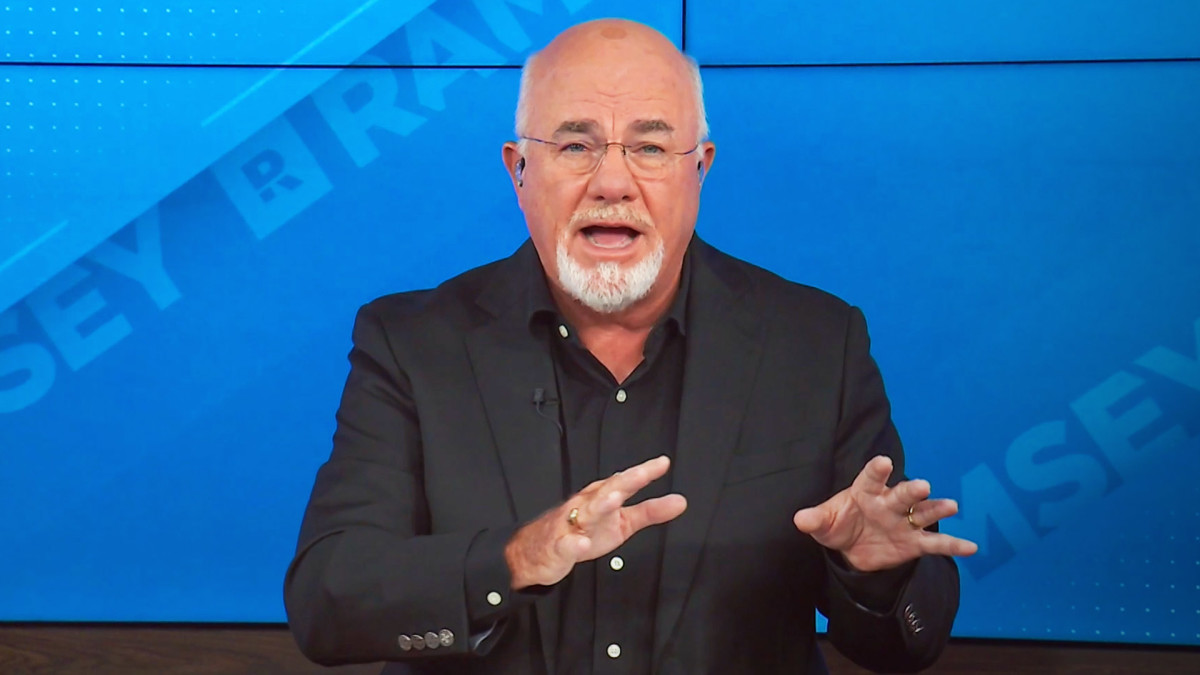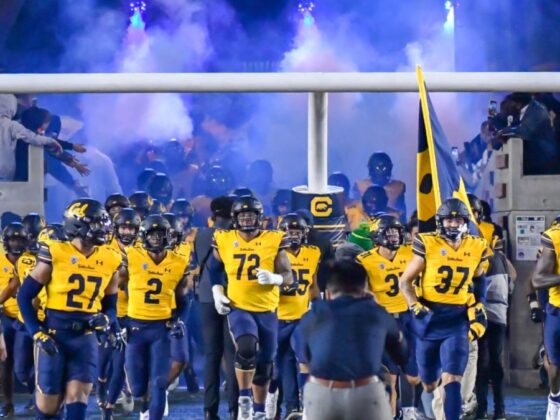Faced with uncertainty in the stock market and fears of an economic downturn, many American workers are increasingly concerned about their everyday financial burdens — whether it's paying for housing, managing escalating grocery bills, fueling their vehicles, or covering other cost-of-living essentials.
Amid these short-term pressures, they remain committed to securing their long-term financial well-being by contributing to retirement accounts such as 401(k)s and IRAs. These investments serve as a safeguard against economic volatility and provide a pathway toward financial stability in their later years.
💵💰Don't miss the move: Subscribe to TheStreet's free daily newsletter💰💵
Bestselling personal finance author Dave Ramsey explains his views on 401(k) plans — and in particular, whether saving for a child's college fund comes first.
Related: Dave Ramsey has blunt words for Americans buying a car
Enrolling in an employer-backed 401(k) plan remains a reliable strategy for growing retirement funds — particularly when companies enhance contributions with matching incentives.
The plan’s structure, which deducts funds directly from paychecks, promotes consistent saving without requiring active management, making it a convenient and efficient option.
Ramsey offers his perspective on saving for college and 401(k) plans for retirement with intriguing comments.
Image source: TheStreet
Dave Ramsey discusses 401(k) plans, retirement savings
In an email sent to TheStreet, Ramsey explained some thoughts.
“Setting aside a college fund for your kids is a really nice thing to do, if you can actually afford that kind of thing,” he wrote. “But kids can also further their education by getting good grades, applying for scholarships, choosing a school they can afford and working their tails off while attending classes.”
“Trust me, I believe in education,” he emphasized. “The point is there are lots of ways to get a college degree — or complete career training at a technical or trade school — without your parents saving up and footing the bill.”
Then Ramsey turned his attention toward 401(k)s and retirement savings.
More on retirement:
- Dave Ramsey offers urgent thoughts about Medicare
- Jean Chatzky shares major statement on Social Security
- Tony Robbins has blunt words on IRAs,401(k)s
“Taking steps to begin saving for retirement comes before setting aside a college fund for kids, because everyone is going to retire someday,” Ramsey wrote. “Unless, of course, they happen to die before reaching retirement age.”
“So, in my mind funding retirement is basically a necessity,” Ramsey continued. “College, on the other hand, is a luxury. In fact, it’s often not the best route for someone to take when pursuing a career.”
“Tons of folks succeed in life without going to a four-year school, and on top of that, thousands have worked their way through college.”
Related: Dave Ramsey has blunt reaction to student loan debt problem
Dave Ramsey has a word of advice on 401(k) plans
Ramsey explained more on his views about about juggling the two financial priorities.
“Should you try to save up for your kid’s education?,” he asked. “Sure, if you can. If you have the financial resources to do it, without putting your entire family’s future in jeopardy.”
“But there are many parents out there who, for one reason or another, can’t pay a dime toward someone’s education,” Ramsey added. “And that doesn’t make them bad parents.”
Ramsey made another point regarding planning for retirement.
“The last time I checked, there aren’t any good ways to retire that don’t require getting your finances ready for retirement well ahead of time,” he wrote.
“And that requires putting aside as much money as possible to live on during your golden years,” Ramsey said. “I mean, you can always live off Social Insecurity alone, but I don’t consider that to be a good plan — or a smart one.”
In addition to 401(k) plans, Ramsey also frequently champions Roth IRAs as a preferred investment vehicle, highlighting their flexibility and long-term benefits.
He points out that investors can withdraw their contributions tax- and penalty-free after five years, offering accessible growth.
Additionally, once individuals reach 59-and-a-half, they gain full access to all funds — earnings included — without taxes or penalties.
Ramsey stresses his belief in simple, strategic planning for retirement that rewards discipline and financial foresight over time.
Related: Jean Chatzky sends strong message on major 401(k) changes













